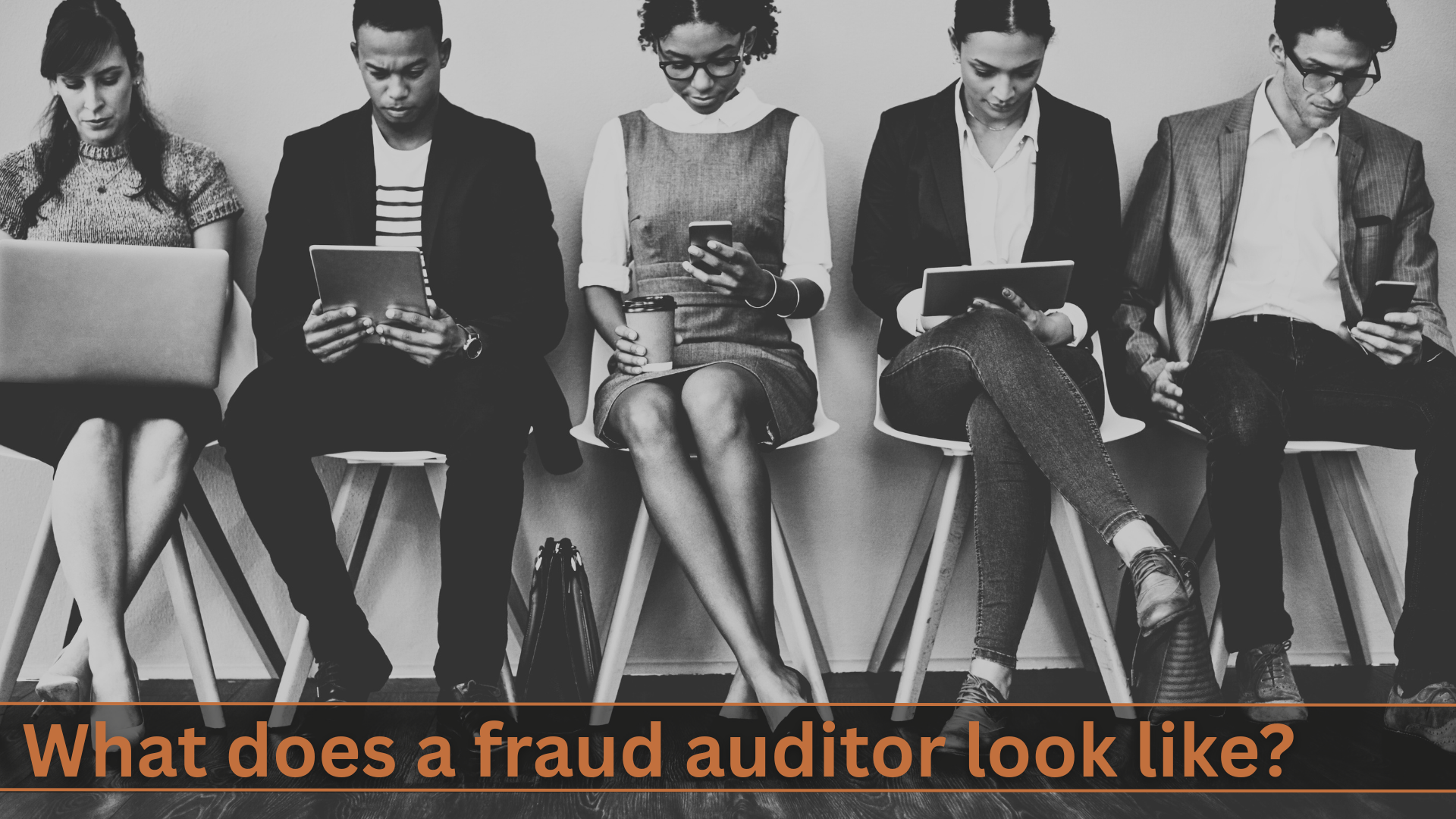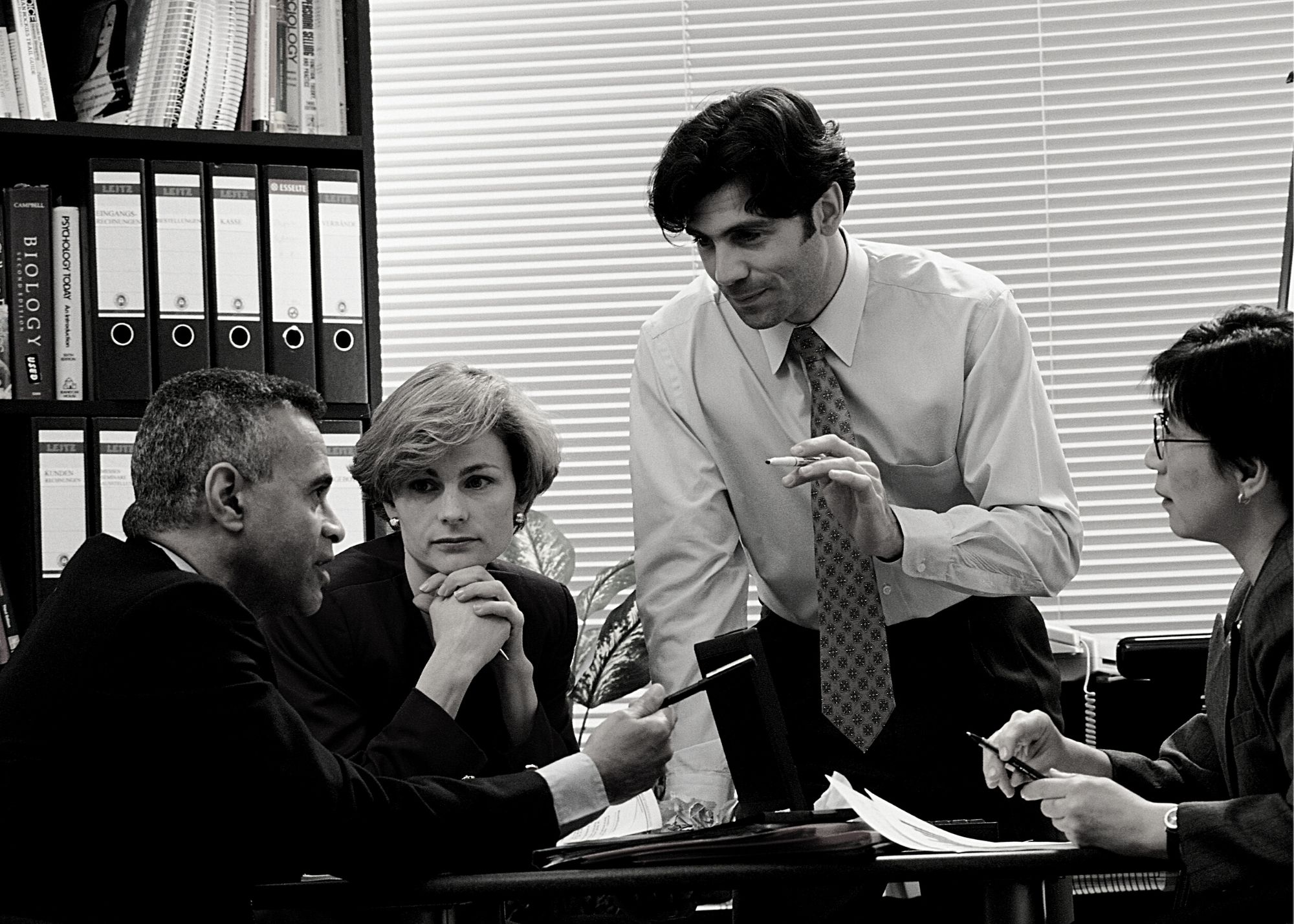Please be advised, I will not be providing a job description of a Fraud Auditor. Rather, the thought process that is necessary to find the right person, with the right skill set.
I know this is a good technical question, but I do not know if there is a good technical answer. With that said, my suggestion to the CAE’s of the world would be to look for someone with the “Passion for the subject knowledge of fraud risk.” The passion would be for both the science of fraud risk and the passion for the practical application of fraud auditing. I say this because, with any new profession, the person must have the passion to create, build, and polish the fraud audit approach. I am sure that this person will get pushback from the traditional auditor. I know I have.
Fraud Auditing, Detection, and Prevention Blog
The Fraud Auditor: What Does This Person Look Like?
May 18, 2025 9:05:30 AM / by Leonard W. Vona posted in Fraud Auditing, Fraud Definitions, ...
Establishing Principles to Make Audit the #1 One Reason for Fraud Detection
May 10, 2023 8:11:18 AM / by Leonard W. Vona posted in Fraud Auditing, Fraud Detection, ...
This is the third blog looking at the state of the auditing profession. In the first blog, we looked at what has changed as companies have grown and gone global. Last month we considered the use of words and the significance of precision. And in this blog, we'll delve into principles that form the bases for our work.
The State of the Auditing Profession in 2023 - Part 1
Mar 20, 2023 5:08:11 PM / by Leonard W. Vona posted in forensic accounting, Fraud Auditing, ...
As business systems have grown more complex and moved into a digital world, they’ve created more opportunities not only for fraud but also for uncovering fraud. It is my contention that auditing should be the number one reason for exposing fraud. And that requires a shift in mindset as well as the right techniques.
How to Write the Fraud Action Statement of the Fraud Risk Statement
Nov 14, 2022 7:15:21 PM / by Leonard W. Vona posted in Fraud Risk Statements, Fraud Auditing, ...
In this blog, we're going to talk about the Fraud Action Statement, the "what" part of the Fraud Risk Statement, but first the answers to the fraud trivia from the last blog:
What was the first recorded financial collapse? Medici Bank went insolvent in 1494 due to extensive spending. Check out Business Insider’s List of the worst company collapses in history.
Who coined the phrase “White Collar Crime”? Criminologist Edwin Sutherland created the phrase in the 1930s
Forensic Auditing Vs. Forensic Investigation of Fraud
Apr 20, 2022 5:17:42 PM / by Leonard W. Vona posted in Litigation, Fraud Auditing, ...
Check out the answers to last month's Trivia Quiz and why it matters for making our profession the number one reason for fraud detection:
How much more money is laundered in fiat currencies than in cryptocurrency?
400 times more money is laundered in fiat currencies than in cryptocurrency.
What percentage of system-generated alerts against money laundering resulted in false positives?
95% of system-generated alerts against money laundering resulted in false positives.
According to money laundering statistics of 2020, what percent of laundered money goes undetected?
90% of laundered money remains undetected, according to money laundering statistics of 2020.
Source: Legal Jobs Blog
Does Fraud Mitigation Work in Real Life the Way the Auditing Profession Believes?
Nov 17, 2021 9:07:46 AM / by Leonard W. Vona posted in Fraud Schemes, Fraud Auditing, ...
Before we start this month’s blog, last month’s fraud trivia questions and answers.
What was the original name of the ACFE? NACFE
What was the original name of the ACFE monthly newsletter? White Paper
Is there a designation, Life Time CFE? Yes, it was issued once in the early years
What is your favorite Fraud Movie? This is always a tough question, but here is a few: Catch Me if You Can; The Wolf of Wall Street; Wizard of Lies, and of course, The Accountant.
Think like a thief. Does this really work for Fraud Auditing?
Dec 14, 2020 10:26:12 AM / by Leonard W. Vona posted in Fraud Auditing, Fraud Detection, ...
There’s a notion in fraud auditing that the auditor should “think like a thief.” I am going to go out on a ledge and raise the question: Is the idea of thinking like a thief a silly suggestion? I ask you, were raised to think like a thief? Did your parents compliment you on your lying skills? Did your teachers praise you on your ability to cheat on a test? Do you and your associates discuss how to steal from your employer at the lunch table? Certainly, the answer is no!
Integrating Fraud Testing Into Your Audit Program
Jul 15, 2020 8:36:51 AM / by Leonard W. Vona posted in Fraud Auditing, Fraud Detection, ...
Let’s start out with a question: Is the audit profession doing a better job today than 20 years ago in responding to the risk of fraud in audits?
Various studies indicate that whistle blowers and accidents are still the number one reason for detecting frauds while the audit process is still on the bottom of the list. So, I guess the answer to the question is “no!”
I do not, however, think this is a reflection on the people working in the profession but rather the tools, or lack there of, that auditors are using in the audit.











